Biden Slaps 100% Tariffs on Chinese EVs Ahead of the Election
On Tuesday, President Joe Biden tripled tariffs on Chinese electric vehicles to 100 percent and imposed fresh taxes on solar cells, computer chips, and lithium-ion batteries as part of his efforts to rekindle domestic manufacturing.
This comes after a three-year investigation during which the president slapped tariffs worth $18 billion against Chinese goods “to protect American workers and businesses,” particularly in the auto industry.
China has dominated global manufacturing for years due to its "cheating,” such as forced technology transfer, infringement of intellectual property rights through counterfeiting, and hacking of American firms by using data from them.
It’s not a competition. It’s cheating," said the president at a Rose Garden signing attended by labor union representatives and affected industries.
It is possible that some clean energy products from China will be more expensive for American households after Tuesday’s moves.
However, officials noted that without these tariff protections, American manufacturers would never compete with China, thereby forcing the US to rely on Beijing for the majority of materials needed for transitioning into a low-carbon economy.
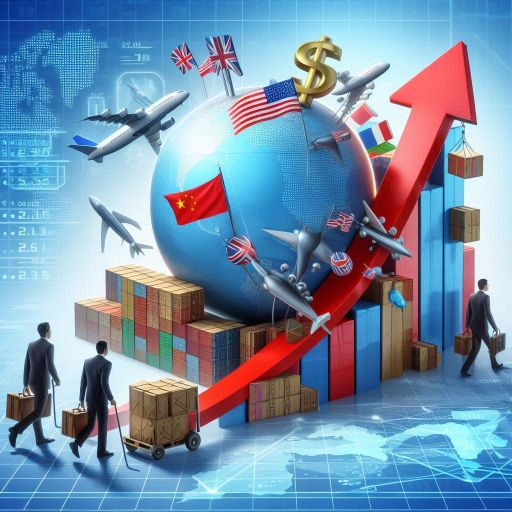
The Tariffs On Chinese Clean Energy Products Become Expensive For The United States
American customers had to pay more money for Chinese-made clean energy products after Tuesday’s events.
The US government, however, argues that without these tariff protections, domestic manufacturers would not be able to compete. This makes the US dependent on China in order to transition into a low-carbon economy in terms of essential materials.
However, experts maintain that Biden’s tariff policy contradicts his environmental objectives.
Scott Lincicome, a trade specialist with the Cato Institute, argued for welcoming foreign assistance in case the Chinese government subsidizes the US’s EV consumption.
He stressed that if climate change is really an existential crisis, as Mr. Biden’s administration seems to imply, then it should be treated as such.
Biden Administration Takes Stand as America Becomes More Cautious of China’s Economic Practices
The United States is almost twenty-five years late in showing signs of tiredness with its economy since China formally joined the global trading system.
The state's generous support, including easy credit, free or very cheap land, and a labor force that is deprived of basic rights, has made China’s rise possible in several sectors.
Personal biases of Lael Brainard, the director of the White House National Economic Council, against the Chinese economy have been observed, as he noted that China is prioritizing its own growth at the expense of others.
Besides this, since China makes investments and at the same time inundates global markets with underpriced exports through unfair practices, it is evident to Brainard that this country does not play by international rules.
The administration under President Biden wants to make a statement, particularly in an industry that America has historically been associated with throughout the 1950s.
According to administration officials and independent analysts alike, this is just the beginning of the potential risks posed by Chinese electric vehicles (EVs), which will only become more competitive later on.
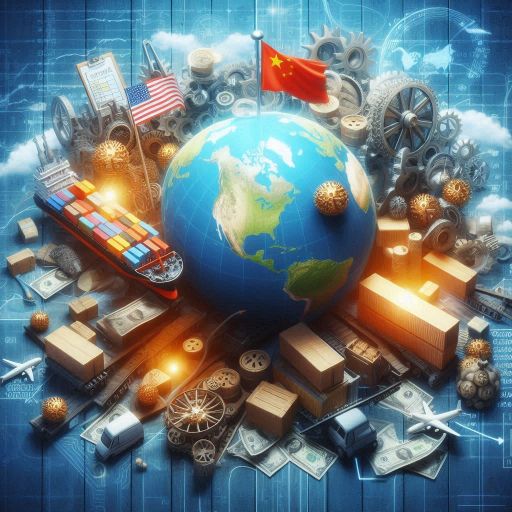
Trade Measures Imposed by the Biden Administration over Concerns about Chinese EV Imports
Oxford Economics reports that just $400 million worth of electric vehicles were exported to the United States last year by Chinese automakers. European manufacturers, on the other hand, sold them almost twenty times more.
Apart from fortifying the defense around the domestic EV market, there are other trade measures President Biden implemented on Tuesday.
These include an increase in the current tariff on “legacy” or basic semiconductors to 50 percent, raising tariffs on some types of steel and aluminum products by over three times to 25%, and putting a new 25% levy on jib cranes used for unloading containers from ships at US ports.
Biden’s New Tariffs Differ from Those of His Predecessors
The duty on semiconductors will take effect next year, while the others, for instance, those affecting surgical gloves, are programmed to run up to 2026.
Nevertheless, White House officials consistently differentiated President Biden’s actions on Tuesday and the policies followed by his predecessor and main rival in November with an absolute denial that politics played any role in decision-making.
Tariffs were instituted by former President Donald Trump on about two-thirds of Chinese imports since 2018.
He now pledges to place another 60 percent tax on all Chinese goods, a move many economists say would disrupt global supply chains and increase inflation.
On the other hand, senior members of the Biden administration have described the latest tariffs as “laser-focused” actions aimed at protecting key industries being fostered by the president.
This includes advanced computer chips, low-carbon energy, steel, and aluminum. Over one trillion dollars has been invested in these sectors from both private and public sources over the past few years.
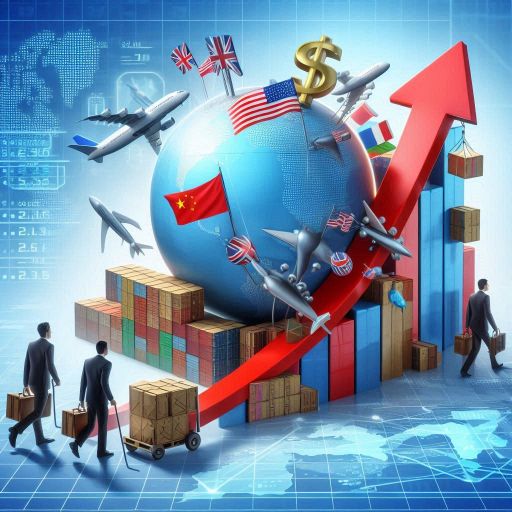
The Biden Administration Sticks To Trump Tariffs As China Trade Tensions Persist
Though President Biden criticized tariffs during his 2020 bid, he has largely retained them since his inauguration.
Ambassador Katherine Tai revealed on Tuesday that the tariffs will continue, thus extinguishing hopes for their reduction within US industries.
The White House also lambasted Trump’s trade deal with China in 2020, saying that it did not boost American exports or manufacturing jobs.
At least 773000 jobs have been added to U.S. factory payrolls since the presidency of President Biden started.
Like his predecessor, Biden is strengthening trade barriers against Chinese overproduction in crucial sectors.
Wendy Cutler, former United States trade negotiator and current vice president at the Asia Society Policy Institute, supports this move, stating that it is necessary to counteract China’s overcapacity being dumped globally.
Although the government seeks to eliminate unfair trading practices by China through tariffs, analysts are skeptical about its chances of success.
Conclusion
The Biden administration’s choice to continue with tariffs displays its interest in China’s economic practices, despite previous disapproval of them. It has been denied that these moves are political decisions, despite the skepticism of many.
The posture, which is meant to safeguard crucial industries, has won both advocates and critics, thus highlighting how intricate US-China trade links are.
OTHER NEWS
-
- An Introduction to Autonomous Driving Technology
- By Prodosh Kundu 17 Jun,2024

-
- Technological Evolutions That Have Shaped Modern Trucks
- By Prodosh Kundu 20 May,2024

-
- Saving Money as Well as Environment – Electric Trucks are here to Stay
- By Prodosh Kundu 17 May,2024

-
- Know All About the History of the Big 3 Automakers in the World
- By Prodosh Kundu 20 May,2024

-
- Top Five Classic Vintage Cars of All-Time
- By Prodosh Kundu 17 May,2024

-
- Upcoming Bugatti to Feature Naturally Aspirated V16 PHEV Powertrain Producing 1,800 Horsepower
- By Prodosh Kundu 17 May,2024

-
- From Workhorses to Luxury Rides: The Evolution of Pickup Trucks in the United States
- By Prodosh Kundu 20 May,2024

-
- The Top Five Best-Selling Vehicles in America
- By Prodosh Kundu 20 May,2024

-
- Why the Jeep Grand Cherokee is Perfect for Off-Road Adventures
- By Prodosh Kundu 14 Aug,2024
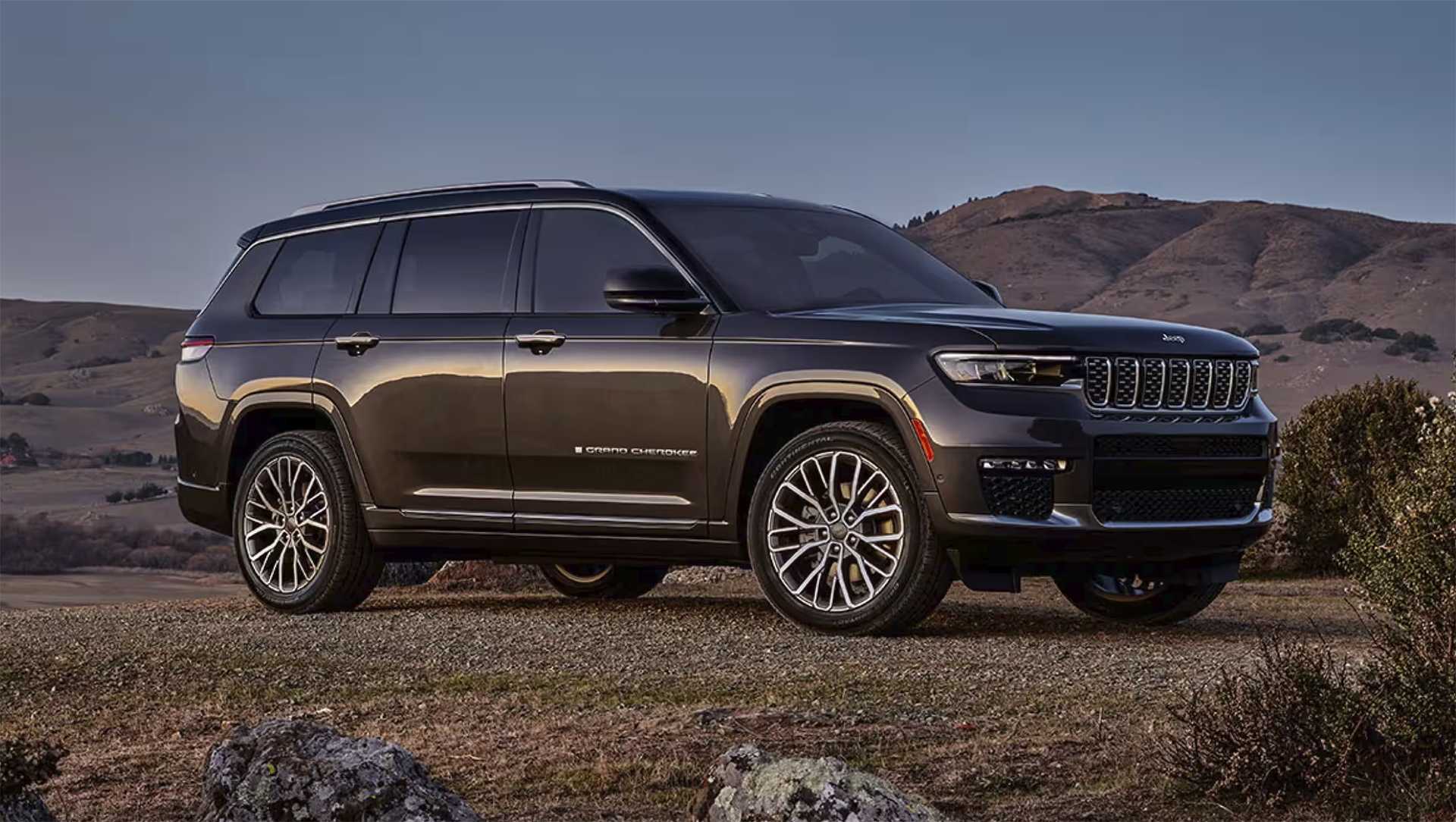
-
- Maximizing Longevity: Essential Rules for Truck Maintenance
- By Prodosh Kundu 20 May,2024

-
- Vehicle Overview: Subaru Outback
- By Prodosh Kundu 02 Sep,2024

-
- Volkswagen unveils the 2025 Volkswagen ID Buzz Electric Van Lineup in the United States
- By Prodosh Kundu 16 May,2024
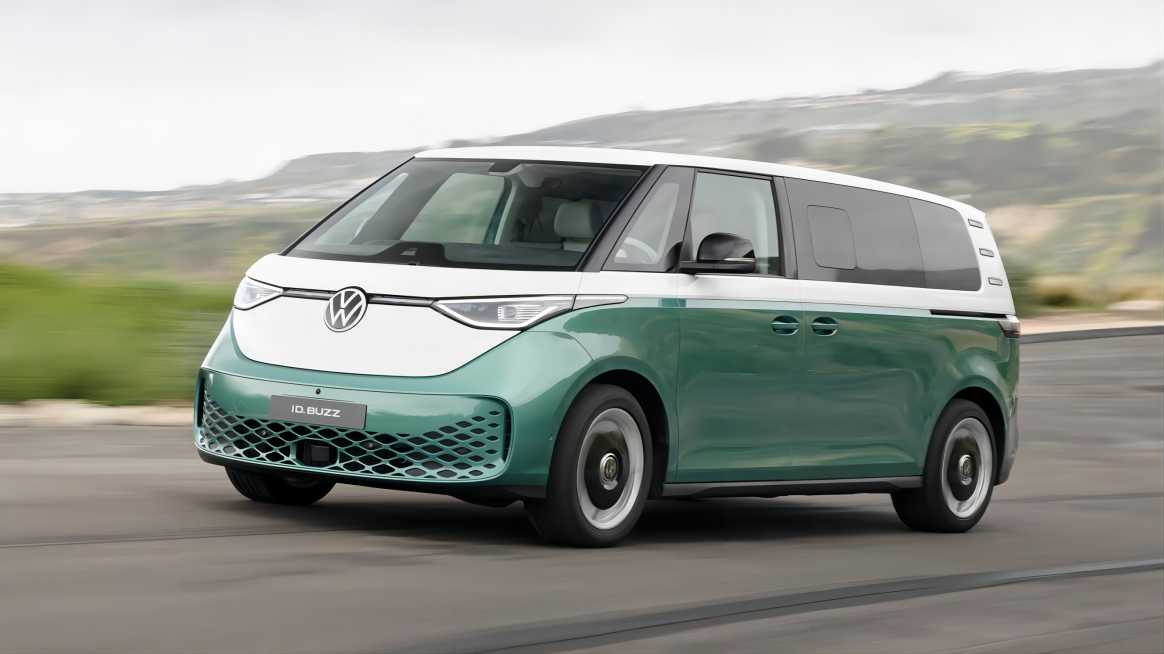
 1
1 1
1